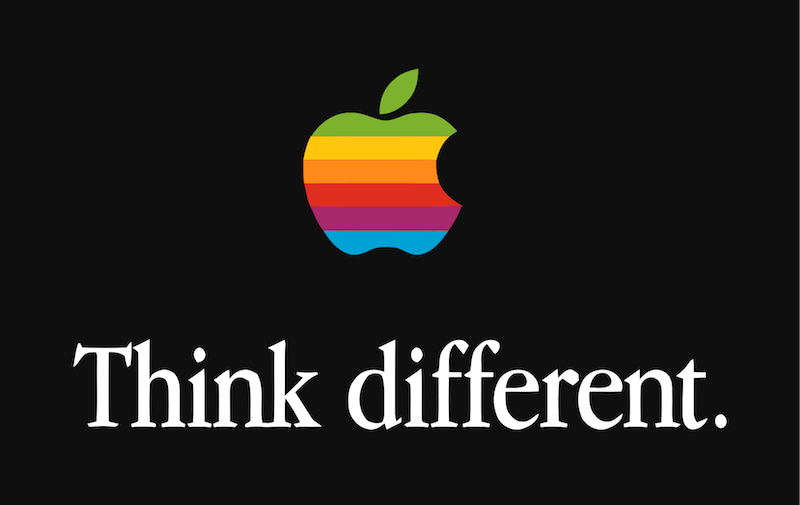Think different: Apple plans AI “for the rest of us”
Apple this week reportedly acquired its first Indian startup, Hyderabad-based machine intelligence firm, Tuplejump.
Big data analysis in real time
Tuplejump’s expertise in creating solutions to enable large stacks of data to be effectively analyzed in real time is thought to have motivated Apple’s purchase. The company’s FiloDB project is a solution designed to “efficiently apply machine learning concepts and analytics to massive amounts of complex data right as it streamed in”.
The capacity to analyze large data sets in real time is considered critical when it comes to using data analytics to deliver fast, agile intelligence in real time. The lead developer on FiloDB has (it turns out) been working at Apple in Seattle since May. Seattle was recently revealed as the new hub for Apple’s machine learning division.
Feed the future
That division is apparently building tools that “enable teams across Apple to develop machine learning solutions to power amazingly intelligent user experiences.” In other words, it builds solutions that can be used across Apple’s other products.
As an example of this approach, Apple purchased Perceptio last year. Perceptio’s technology could run AI image-classification programs on smartphones without needing to take too much customer data. I imagine that’s the kind of technology that drives the new – and private – Memories feature in iOS and macOS.
“Experiences become more powerful and intuitive as we continue our long history of enriching our products through advanced artificial intelligence. We have focused our AI efforts on the features that best enhance the customer experience,” Tim Cook said during a recent financial call.
Dare to be differential
Apple has been investing deeply in small machine intelligence firms. It purchased Turi, emotional intelligence meets AI firm, Emollient and digital health data startup, Gliimpse in the last few months this year. Other purchases presumably relevant to these plans have included VocalIQ and Faceshift.
Apple has a fixation on data, or, more particularly, it is attempting to bring all the convenience and opportunity of connected IoT intelligence to its customers while using as little as possible of their data.
That’s why it made such a big deal about its use of differential privacy, which lets the company develop machine intelligence solutions that can get incredibly useful information together without knowing much about you personally.
However, with a billion iOS devices in the field, the quantity of even anonymized data that is being generated is huge. Add in other data, sales, support, iTunes and Music tasks and more and Apple has a huge stack of information from which it can find and deploy new products and services, so long as it has the analytics to identify what they are. That’s where a solution like FiloDB (and the brains behind it) may be of help.
Think different
As noted by TechCrunch a Wayback Machine capture of Tuplejum’s About page revealed:
“A few years ago people realised that the volume of data that businesses generate was becoming unwieldy. A new set of technologies to handle this huge amounts of data cropped up. We were one of the early adopters of these ‘big-data’ technologies. Having helped Fortune 500 companies adopt these technologies we quickly realized how complicated they were and how much simpler they could get. Thus started our quest to simplify data management technologies and make them extremely simple to use. We are building technology that is simple to use, scalable and will allow people to ask difficult questions on huge datasets.”
Apple is also investing in new ways to gather and share data.
Its investment in Gliimpse is thought to be connected to electronic health records to improve healthcare.
It is not hard to imagine that once Apple has created a solution that lets its users share their data with healthcare professionals, it will also be able to offer them the chance to share (some) anonymized data to help it create new health-focused solutions. I can imagine these could, for example, identify outbreaks of infection. Anything is possible when you have a billion data-gathering endpoints, after all. Think different.





